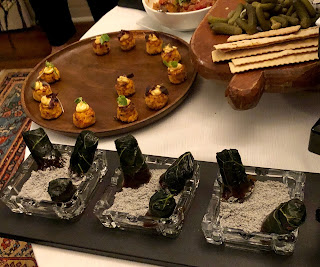The end of the second year—"anniversary" sounds too festive—of COVID arrives in February. But it's not too early to start brooding—"reflecting" sounds too upbeat— about the loss. Not just the 800,000 dead. That's impossible to fathom; how do you comprehend just one life, never mind nearly a million? None I knew, thank goodness. Luck, combined with lots of mask-wearing, vaccine-getting, social distancing and good old fashioned staying at home.
I don't think I quite realized how much I'd been out of circulation until I looked deep in my closet, at my suit jackets, and saw that dust. Ah. Nearly two years of neglect will do that. Not worn because there are no events when I might wear them. Or maybe there are, but I didn't go.
I've worn a sports coat three times in the past two years. Twice on Zoom calls—one with the head of the Taiwanese economic development office in Chicago, because the Taiwanese tend to be formal folks. A second when I made a video for the Chicago Journalist's Association, to be shown at their awards dinner. And a third time, last month, into the living world, to Evanston, to a party at a mansion on Sheridan Road, previewing the Chicago International Puppet Theater Festival.
Things could change. There could be other occasions. But December is half over, and nothing on the calendar. No need to keep the suit coats handy in my bedroom closet, with the flannel shirts and fleeces and stuff I actually wear. Better to pull them out, dust them off, tuck them in suit bags, and exile them into a closet in one of the boys' rooms. The better to endure the passing years to come, though as I put them away, it occurred to me they'll be out of fashion by the time I finally put them on, assuming they're not out of fashion now. Might as well give them to Goodwill now. No, that takes effort, physical and mental. And there's a shortage of that. So for now, out of sight, out of mind, hidden in the boys' closets. It's not like they're going to be using those closets anymore. But that's another somber reality, and it's best to limit ourselves to one loss at a time.








